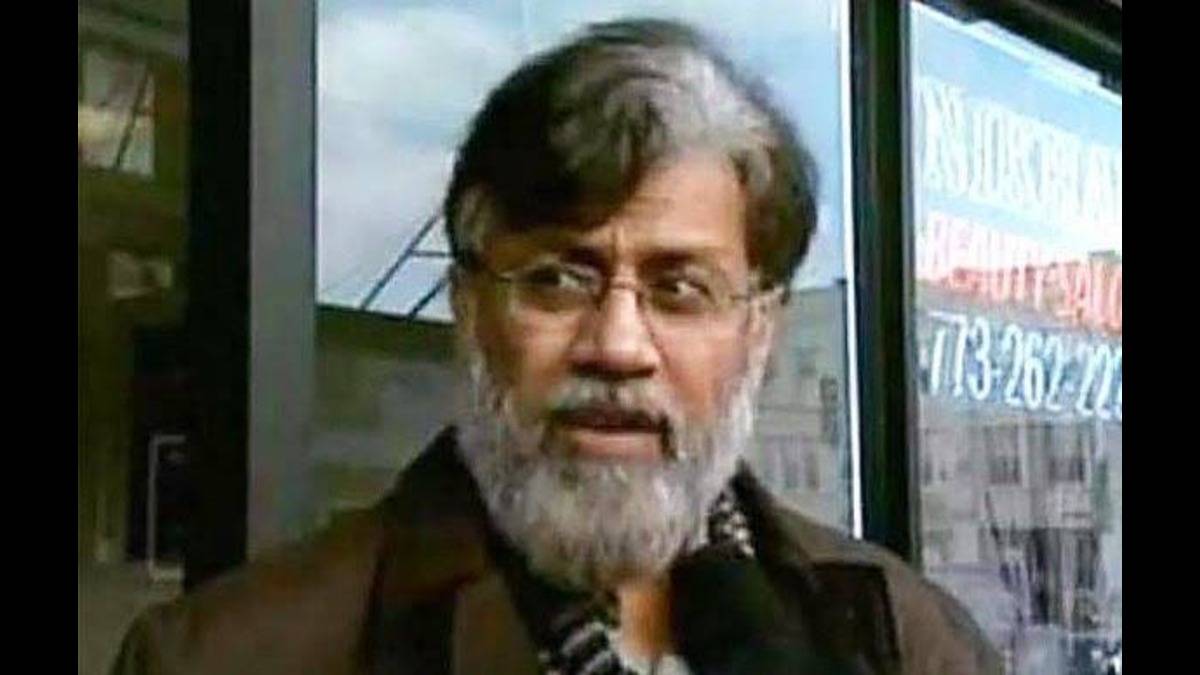Amid preparations for the extradition of 2008 Mumbai terror attacks accused Tahawwur Rana to India, Pakistan has attempted to distance itself from him, asserting that his Canadian nationality is “very clear.”
Rana, a Pakistani-Canadian national, was convicted in the United States for supporting Lashkar-e-Taiba (LeT), the terrorist outfit responsible for the 26/11 attacks that claimed over 174 lives. He is now being extradited to India, where the National Investigation Agency (NIA) will take him into custody.
Responding to media queries, Pakistan’s Ministry of Foreign Affairs spokesperson Shafqat Ali Khan stated, “Tahawwur Rana has not renewed his Pakistani documents for over two decades. His Canadian nationality is very clear.” Pakistan allows dual citizenship with Canada, but the comment appears to be an effort to disassociate the country from his actions.
The U.S. Secretary of State authorized Rana’s extradition to India in February. After his legal team filed an emergency motion to stop it, the U.S. Supreme Court rejected the appeal on April 7, clearing the way for his transfer.
India has long sought Rana’s extradition. The NIA registered a case in 2009 under the Indian Penal Code, the Unlawful Activities (Prevention) Act, and the SAARC Convention (Suppression of Terrorism) Act, naming Rana and his associate David Coleman Headley, alias Daood Gilani, as key accused.
“After completion of investigation, a charge sheet was filed in the court of Hon’ble Special Judge, NIA, Patiala House, New Delhi on December 24, 2011,” the NIA stated, naming a total of nine accused in the case.
While the extradition of Headley remains pending, Rana’s transfer marks a significant breakthrough in India’s pursuit of justice for the 26/11 victims. The Indian government also awaits Pakistan’s response to a Letter Rogatory sent as part of the ongoing investigation.
Rana’s extradition is being viewed as a major development in holding accountable those who facilitated one of the deadliest terror attacks in India’s history.





